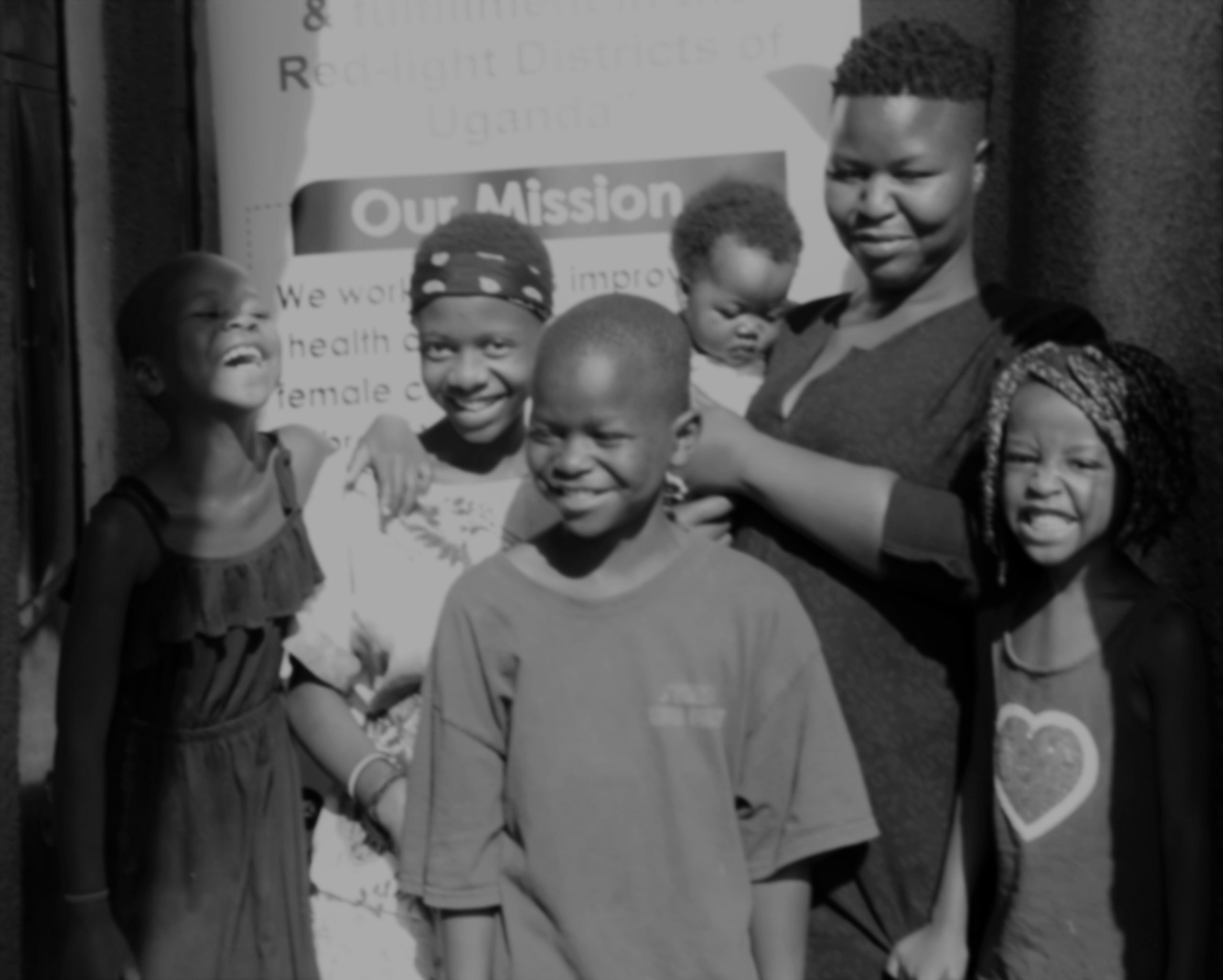
Nurturing Care For Children During The Pandemic.
According to Britto (2016) nurturing care is defined as a stable environment that is sensitive to children’s health and nutritional needs with protection from threats, opportunities for early learning and interactions that are responsive, emotionally supportive and developmentally stimulating.
While Covid-19 is considered secondary to being a threat to children it has far reaching impacts and effect on their social, psychological, emotional, physical growth and health. Covid-19, its effects and accompanied measures like inter district transport ban, overwhelmed health systems with high prevalence cases of Covid-19 patients, school closure, social distancing, limited movements among others in the country with high child poverty and few safety net programmes pose conditions that threaten children’s safety , wellbeing and the environments in which they thrive in.
However much nurturing care is traced from birth, let us take step back to maternal wellbeing and health of pregnant mothers from pre conception, pregnancy, labour to birth with this Covid-19 era where economically few are doing well to afford a balanced diet, access to health care like prenatal, antenatal, immunization among other basic care services is minimal as many hospitals are overwhelmed are with Covid-19 patients and major social services are overly stretched and strained. This is likely to result into maternal stresses, depression and anxiety which are likely to result in preterm birth, poor infant growth, less inadequate parental care, child abuse and neglectful parenting.
Basing on a life course going forth to neonatal, infancy and early childhood these are critical stages in a child’s development that shape their behaviours and have an impact on a child’s wellbeing and their success as productive adults. These stages are characterized with bonding, attachments, exploring, playing and last but not least school going however with the ongoing cases of Covid-19, associations and interactions are limited were children are more confined in their homes and glued on television sets for those who may have access to them, schools which are safe spaces for their well-being that is on interactions, making friends and socialization are closed, parents are struggling and occupied with fending what to eat for them meaning they have limited time for them hence leaving to whom it may concern exposing them to ingestion of toxic substances, permissive parenting and child rearing and other abuses yet parenting and nurturing has a strong influence on children especially in their early childhood years. As for Rhythm of Life Uganda, we opened up an informal Early Childhood center in quest/pursuit to take school to those vulnerable children who had no access to school and elementary education in community and also affected by the delayed directives on the government to open lower section levels of school however with the second wave of the disease the centre had to close, children had to leave school making them miss out making them prone to abuse, malnutrition as many of them often the snack they received at the center was a meal for the day and other vulnerabilities and community exposed to contingencies like high illiteracy levels, child labour,sexual and drug abuse , child poverty and destitution.
Nonetheless Uganda as country is an agro-based country, many households in different communities face food insecurity and have no access to food and those who may have access can’t afford having three meals per day exposing many children to malnutrition, impairment stunted growth, child vulnerability among others due to lack of access to a healthy balanced diet.
COVID-19 is still ravaging Uganda and most of the world. There is still a lot to learn about what work and what can cannot. Interventions need to address five critical areas: direct health impacts, health and nutrition systems impacts, economic impacts, social and child protection impacts and child development learning impacts. There is need to leverage technology and use a community-based approach to support continuity of nurturing care services with timely referral and follow-up to a wide range of cross-sectoral services including psychosocial support. Uganda has an opportunity to learn from other countries about how to develop practical and feasible guidance to reopen childcare centers and early learning spaces, given the low incidence of COVID-19 in younger children. Tailored plans are required for children with unique needs, and consideration should be given to provide holistic and inclusive support.
The government and development actors need to consider increasing their investments to scale-up nurturing care through the development of policies and coordinated intervention programs during this pandemic period. This would evidently light the way forward for Uganda and similar settings to ensure its youngest citizens can reach their full developmental potential.
